Prospective Investor Questions (a series)
This series is emcompassing some of the questions we often get asked or questions that we rarely get asked but are key to answer. We’re outlining questions we’ve both received in the past and are receiving as we actively raise money for our projects. Here are the first few questions,
Q: How do I protect myself in the event that you, from Arete flee to mexico?
A: Simple, if you’re a debt investor, you’d have mortgages and thus, the ability to foreclose on properties &/or takeover said projects. If you’re a partner or JV in a project, you have access to everything including company shares, access to accounts, etc. giving you control. Furthermore, all of the documents we have would outline the above in much much greater detail & provides you with all of the necessary security.
Q: What type of documents are required to ensure security?
A: Here are a few of the documents,
Joint Venture Agreement
Written contract between yourself and our company
Mortgage Instructions (registered on title)
Q: What’s the typical split of a joint venture?
A: Arete typically does a 50/50 split on their projects with capital investors. The 50% given to the passive partner (capital investor) is 50% of the project, cashflow, equity and any future earnings through the sale of the property. That being said, we say each project is unique and has many variables, therefore, form time to time the split looks a little different.
Q: What forms of money can I invest into real estate?
A: There are a couple ways,
Cash
HELOCS
Refinance
Registered savings plans
TFSA
Etc.
Q: What’s the different between debt vs a joint venture?
A: Debt is essentially you acting as a bank, and lending money either through promissory notes or registered mortgages for a rate of return, whereas, you do not technically have any ownership of the project and its performance, but are registered on title just like a bank would provide a mortgage. A joint venture, is essentially you & Arete operating as a partnership, where both partners have ownership in the corporation or the asset.
